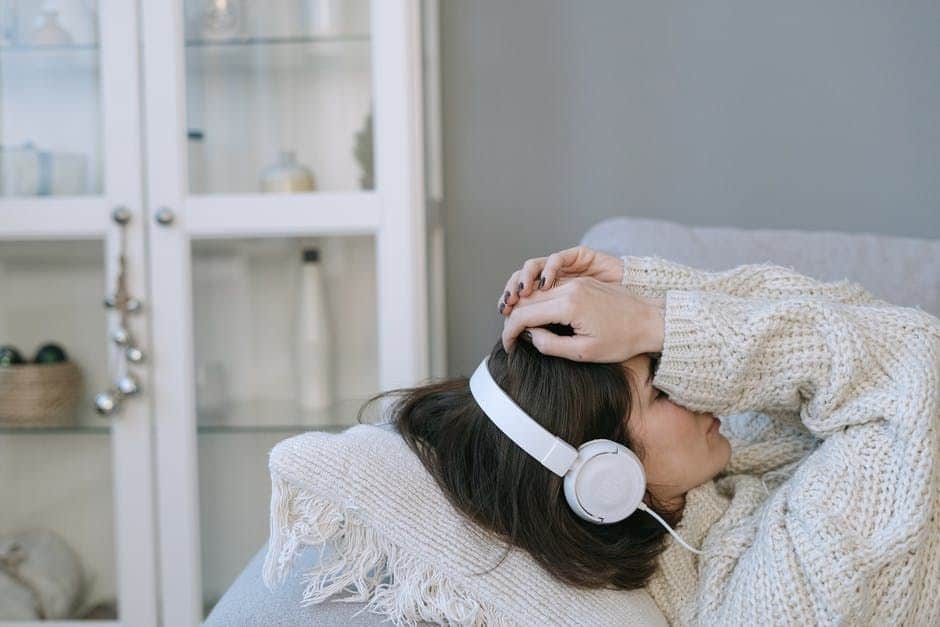Blog
Blog
How to Know When You’re Dealing With Listening Fatigue

Daily activities are exhausting within themselves, but for someone with auditory issues, these activities bring a whole new meaning to the word fatigue. If you’re not sure if you’re dealing with listening fatigue, read on. Below we’re going to identify listening fatigue symptoms.
What is Listening Fatigue?
For people that have any hearing loss, it takes their bodies and brains more energy to perform everyday auditory tasks. Because of the amount of effort used, it leads to auditory fatigue quicker than for people with better hearing capabilities.
People get noise fatigue with hearing loss because more energy and attention are directed towards reading people’s lips. And hyper-focusing when someone is speaking to a person.
Once they’ve figured out what someone is trying to say, their brain then uses more energy to develop an answer to what was said.
Listening Fatigue Symptoms
There are several symptoms that a person with ear fatigue might notice without knowing exactly what the issue is. The main symptom of auditory fatigue is tiredness.
As we mentioned above, the energy exerted to understand people and hear different things within their environment wears a person down. By the time the day has ended, they’ve got no energy left to devote to things that they might want to do.
Fatigue doesn’t just mean auditory it also means mentally from the work the brain goes through to process auditory sounds. Another symptom is either increased sensitivity or loss of sensitivity towards certain sounds.
Some people might find that specific noises cause more discomfort and fatigue than others. While others might find that even if a sound is repetitively made, they can no longer acknowledge the sound.
Is There a Cure for Auditory Fatigue?
There are several hearing solutions that can be used to help someone see improvement with listener’s fatigue. Depending on the severity of a person’s hearing loss, the use of hearing aids could help make the sounds they hear easier to understand.
Reducing the amount of work the brain has to do throughout the day to process sounds.
One thing a person can do is limit the sounds that they expose their brains to daily. This gives the brain a chance to rest and helps conserve energy. It’s also recommended that people ensure they have a healthy sleep routine.
Getting the proper amount of sleep each night is essential to restoring the energy lost the previous day.
Listening Fatigue: Tired of Sounds
Listening fatigue is a common issue for people with hearing loss, even if the hearing loss has been undiagnosed. There are several symptoms a person might experience include discomfort and increased fatigue.
Think you’re suffering from hearing fatigue? Contact Soundwave Hearing Care for consultation/hearing tests in one of our locations in Calgary, Lethbridge, Grande Prairie or High River.
All the blogs are reviewed and edited by our clinic's lead audiologist, Dr. Anne Wooliams. Dr. Woolliams is an experienced audiologist specialized in pediatric audiology, auditory processing, and tinnitus/sound sensitivity therapy. She is dedicated to providing top-notch hearing care and helping her clients improve their language and communication abilities. Dr. Woolliams' expertise in literature and linguistics, combined with her passion for helping people improve their language and communication, make her an incredibly valuable asset in the field of audiology. Learn more about Dr. Woolliams.
